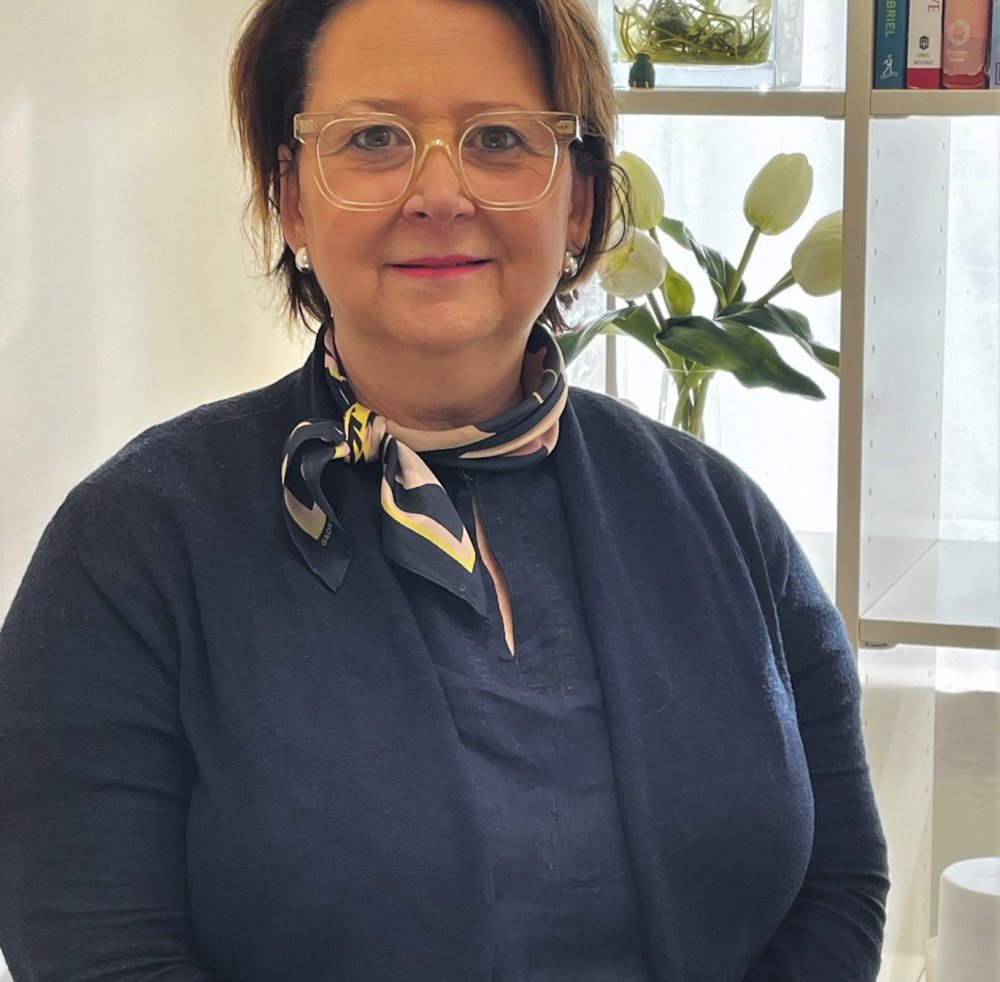While couples counselling is a great resource for couples in crisis, it can also be helpful for those looking to strengthen their relationship or respectfully separate and navigate post-separation issues.
A common misconception is that couples counselling is only required by struggling couples who are going through a crisis within their relationship.
It is true that counselling can offer a safe and respectful forum for struggling and distressed couples. However, couples counselling can also help those wanting or needing assistance to ‘repair or remediate’ unhelpful relationship dynamics.
What are some other ways that couples counselling can help?
It can even help couples who are keen to explore ways in which to improve, strengthen or optimise their relationship experience.
Sometimes couples engage in counselling to assist them to clarify “what’s next” – whether it be moving in together, getting married or having children.
In these instances, counselling can be an effective means for each party to gain valuable insight about themselves and/or their partner.
In addition to this, couples counselling has also been found to be a highly effective and beneficial means of assisting couples navigate a healthier separation process or assist with establishing more collaborative and healthy post-divorce relationship patterns and dynamics.
Couples counselling can be done solo
Another common misconception associated with couples counselling is that both parties must engage in couples counselling for positive change to occur.
Whilst the involvement of both partners is always encouraged and considered optimal in addressing concerns – it is not always essential. It is not uncommon for one partner to be more apprehensive, mistrustful, or sceptical about the counselling process.
Sometimes, this lack of engagement is based on a genuine concern or uncertainty about how a psychologist may help.
Sometimes, however, a lack of engagement is related to deeper issues such as concerns that the psychologist will be antagonistic and side with their partner or that a counselling session will simply repeat what happens at home with no resolution.
Where a partner is reluctant to engage in couples counselling for whatever reason an individual may still benefit from engaging on their own.
We have found that an individual engaging in this way has the opportunity to focus on their own experience and how they may respond to challenges. This, in turn, can help to change the relationship dynamics.
It can help couples to communicate more effectively
John Gottman PhD has defined a “repair attempt” as “any statement or action — verbal, physical, or otherwise — meant to diffuse negativity and keep a conflict from escalating out of control.”
In his book The Seven Principles for Making Marriage Work, John Gottman, Ph.D., calls repair attempts a secret weapon of emotionally intelligent couples. His clinical research shows that:
The success or failure of a couple’s repair attempts is one of the primary factors in whether a marriage is likely to flourish or flounder.
All couples are likely to face conflicts and disputes at some stage in their relationship. These conflicts and disputes might include issues related to sex or intimacy, lifestyle, finances, parenting, work/career, attitude/engagement around family responsibilities, extended family expectations and so on.
Although family and friends can be helpful supports during these times it can often be very difficult for them to remain objective, and their involvement can sometimes confound the issue.
Often, couples feel more comfortable discussing their concerns or issues with a neutral and independent third party.
In these cases, the counsellor doesn’t act as a referee or arbitrator, but rather as a facilitator that may help the couple communicate and self-reflect on how they might be contributing (individually or collectively) in non-helpful ways to their challenges or disputes.
It can help to maintain your relationship
Couples counselling, in these instances, looks beyond the goal of individuals just staying together – but rather on “improving” the quality of their relationship. Researchers have identified that the “quality of a relationship” is often determined by such factors as:
- A mutual sense of control/power and equity in the relationship and a mutual level of commitment
- How much both individuals’ feel satisfied in how well their relationship needs (including sexual and emotional intimacy) are being met within the relationship
- How much trust they have in themselves and their partner
For those couples seeking to improve or work on their communication and intimacy, couples counselling process may be an effective means of facilitating couples in gaining greater personal insight into themselves and their partner’s relationship or intimacy needs.
A counsellor might encourage the couple to individually clarify their values, personal or life goals. In addition, the role of the counsellor is to be one of a facilitator encouraging the deepening of discussions between two parties.
It can also help with separating and post-divorce
Another misconception is that couples counselling is just about repairing and/or maintaining a relationship/marriage. It is not unusual for couples who are entering into a separation process to also engage in couples counselling for assistance in separating in a healthy and positive way.
This is especially important for couples who are concerned about the impact their separation may have on their children.
In these instances, a counsellor may assist the couple to develop strategies in how to best communicate their separation to their children and sometimes this may involve the children also attending a family session.
Divorced couples may also enter into a couples counselling process to assist them in navigating any dispute or conflict that may have arisen post-divorce.
What we offer
Whatever your reasons for wanting to engage in couples counselling, Clear Health Psychology offers experienced registered, counselling, and clinical psychologists who are available to assist individuals and couples who are seeking assistance and support in navigating a wide range of interpersonal issues.
Whether it is to facilitate unhelpful relationship dynamics or to improve on otherwise sound relationship dynamics.
Relationship counselling offers a forum and an opportunity to deepen individual insight, understanding and awareness of how they may engage in a particular relationship pattern.
This insight is likely to not only help how one engages in the relationship but also how one engages in life.
Mary Collura-Oldham
Mary Collura-Oldham is a Registered Psychologist at Clear Health Psychology with a Masters Degree in Counselling Psychology and a particular interest in helping couples to explore and enrich their relationships and lives.
To book an appointment with Mary, please phone 08 6424 8177. To read more about Mary Collura-Oldham, click here.

